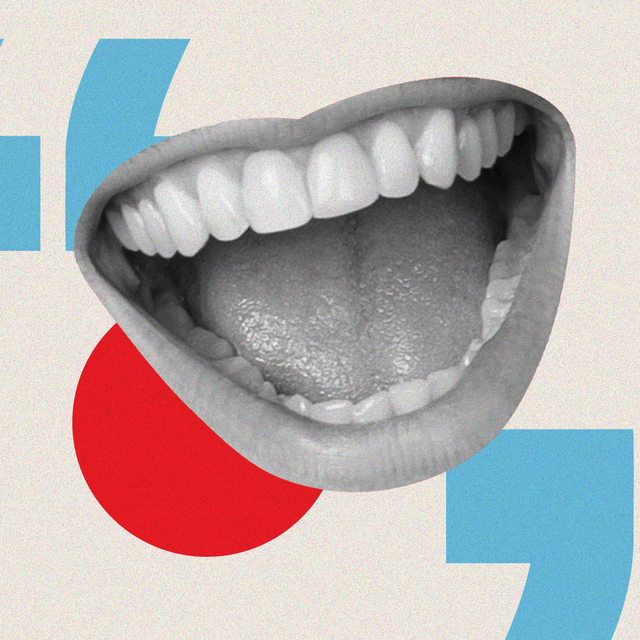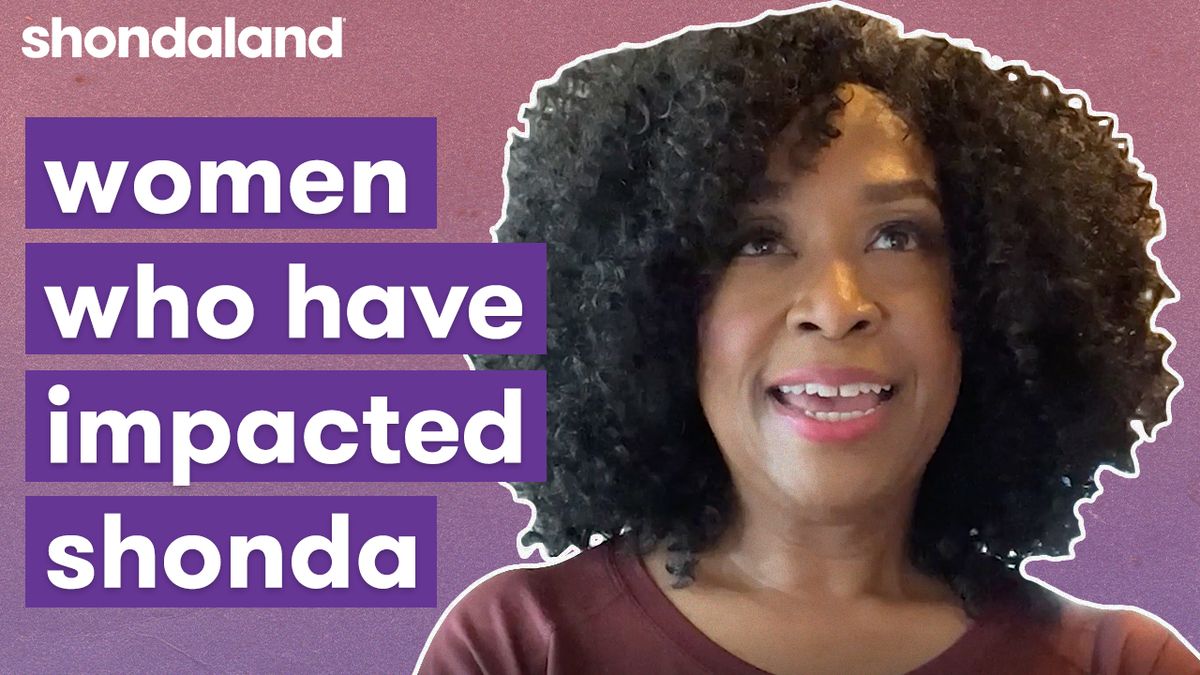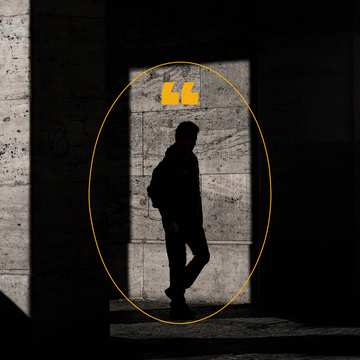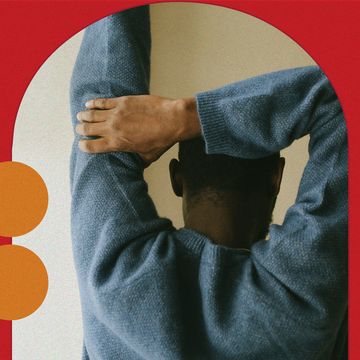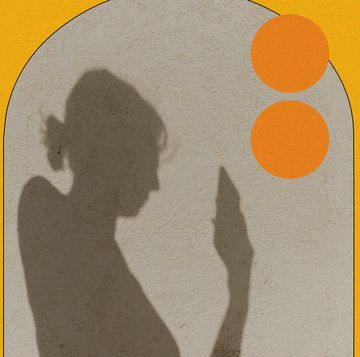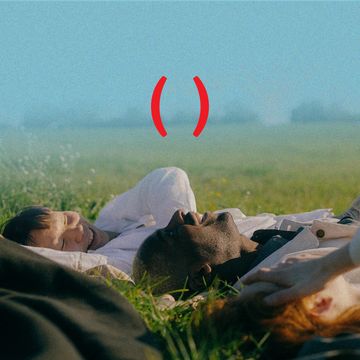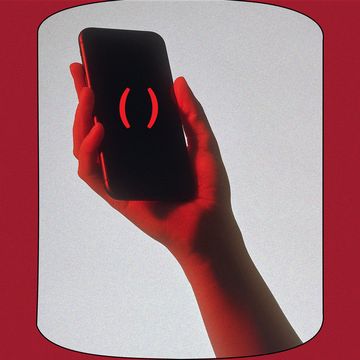A friend I’ve known since high school — I’ll call her Katrina — has a habit of laughing when someone shares bad news, from a car accident to losing a longtime pet. When I told her about a neighbor falling and breaking her hip, she chuckled. She’s not a horrible person. Quite the opposite. After my father died, she texted and called often to check on me.
We have a close friendship. Our kids grew up together. But it’s difficult to ignore the contrast between the care and concern she usually shows and her reaction to someone else’s misfortune. Tired of the disconnect, I sought an explanation from experts for her unexpected responses that left me confused and frustrated.
While inappropriate laughter is a common response for people with amyotrophic lateral sclerosis (ALS), Alzheimer’s, and multiple sclerosis (MS), as well as a few other diseases and conditions, those didn’t apply to Katrina. I focused on the emotional aspect behind her badly timed giggles and dug further.
Beyond funny
In a study published in Psychological Science, researchers explored the theory that we all have emotional limitations to how much joy and sadness we can manage. Those limits can lead to nervous laughter and incongruous emotional displays, such as chuckling at a funeral or other somber events.
“Laughing is a coping mechanism,” says Melinda Marcus, a certified body language expert and author of Read the Zoom. “When you’re overwhelmed or feeling anxiety about something, laughing helps you shed some of that stress and anxiety.”
Pilar Jennings, a psychoanalyst and author of To Heal a Wounded Heart, agrees. “Laughter is a way of saying, ‘I can’t go there,’” she says. “‘I can’t risk feeling it.’” She refers to the unanticipated response of a smile as a kind of protective barrier, like a “do not enter” sign. The person laughing may unconsciously fear that if they feel the vulnerability of someone else’s suffering, they’ll open themselves up to the same emotions.
Jennings notes that this happens in relationships with people who are decent and kind but are inclined to get anxious when someone’s obviously in their feelings. Then, they might minimize it through a dismissive comment, giggling, or changing the subject.
Last year, I became an end-of-life doula. After a few attempted conversations about death, I noticed Katrina redirected our conversation whenever I brought up my work with hospice patients. When I told her about a woman who, surrounded by her family, died 10 minutes after I left the room, she grinned. Then, she asked me about my kids.
Same but different
The advantages of laughter are well documented, including easing stress and improving the immune system. But as with any situation, timing matters, and unforeseen reactions can sting. Knowing the difference between various laughs can minimize confusion and misinterpretation. Think about the last time someone shared a joke. Depending on the subject matter and delivery, your response likely was a deep laugh or, in the case of bad dad jokes, a groan.
Marcus points out that nervous laughter is different; it comes from the throat or is more nasal instead of from the stomach, like a big belly laugh. A comedian hopes for deep laughs, while someone sharing a tragic story expects compassion.
Hidden signals
One day, when Katrina responded to bad news with a snort and a “huh,” I wondered whether she was paying attention. Or maybe she didn’t hear me over the sounds of the crowded coffee shop.
A more likely explanation is that I missed the physical cues, or what Marcus describes as “micro expressions.” She gives the example of someone starting with a bit of a frown and then a laugh. Or a laugh within a frown, then back to a laugh. “When these micro expressions happen for a split second,” she explains, “it shows how the person is really feeling, and it leaks out in those ways.”
When someone can’t control their activated funny bone, they throw their head back, lift their chin, and their stomach ripples like small waves. Nervous laughter is the opposite. “I would expect to see the chin down if it’s more of an anxious laugh,” Marcus says. “A head tilted down often signals low confidence and stems from anxiety.”
Another sign that someone feels uncomfortable is when they seem smaller. Their body language tends to be more closed as opposed to open arms and chest. They may even cross their arms or clasp their hands and fingers together. “You’re looking for what we call clusters,” Marcus says, “not just one signal, like the laughs and nervous laugh, that would count as one.”
I hadn’t considered that Katrina felt uncomfortable and was unable to process or share how certain unpleasant news may have affected her. Katrina’s unfeeling response, or what Jennings calls an emotional disconnect, finally made sense to me. If someone is expressing or sharing something that involves obvious pain and suffering, and the response is unempathetic, then you know you’re not on the same page.
Let it go
For years, I questioned whether I should talk with Katrina about how her lack of concern and respect by laughing was insensitive. Being direct had its risks. The other option, to continue ignoring the issue and pulling away from our long-term friendship, seemed like a drastic last resort.
“Working through a conflict is worth doing,” Jennings says, “because the loss of a relationship causes so much pain and suffering.” How you respond depends on the nature of the relationship and the level of trust between you and the other person. Jennings says that if there’s a history of commitment and hanging in there, then there’s usually a little more room for the shocked friend to say something.
Talk it out
Jennings advises starting such a conversation by pointing out the impact rather than getting into anything that feels too harsh or judgmental. Use phrases like “I’m sure you mean well, but to tell you the truth, your laughter is a little jarring right now.” Or “Because this isn’t feeling that funny, I’m feeling upset or freaked out.”
Ultimately, cutting Katrina some slack made more sense than cutting her out of my life. One evening, after several years of Katrina’s misfired giggles and grins, I couldn’t hide my disappointment. I asked, “Why is what I told you funny? Don’t you feel bad for that person?” She was surprised, hurt, and embarrassed by my questions. “I didn’t realize I did that,” she responded.
It turns out that bringing up my concern wasn’t a problem. I now realize I had missed the signals broadcasting Katrina’s discomfort: the nervous laughter and her arms crossed. If faced with a similar situation, I know I would handle it better using less confrontational phrases.
A you problem
You probably don’t smile when you hear that a loved one has died, but there are a few ways to avoid inappropriate and offensive responses. Marcus recommends breathing deeply as you would in any stressful situation. Changing your body position, taking a break from the setting by going to another room, or walking outside can help you regain control so you don’t laugh at inappropriate times in front of others.
Unfortunately, focusing on the emotion you’re trying to avoid can actually increase your anxiety and cause you to smile, cry, or express the emotion you were trying to suppress. Distraction techniques work well, including counting, thinking about losing a loved one, or remembering times when life didn’t work out as planned.
Katrina and I have texted several times since our uncomfortable conversation. We’re both relieved that rather than strain our relationship, our last direct, filter-free talk deepened our friendship. We’re more open to discussing sensitive topics and how they affect each of us.
Next week, we’re meeting for coffee to celebrate good news: Her son is graduating from college early, and mine is engaged. I have a feeling our responses will be a mix of tears and smiles — just as expected.
Get Shondaland directly in your inbox: SUBSCRIBE TODAY
